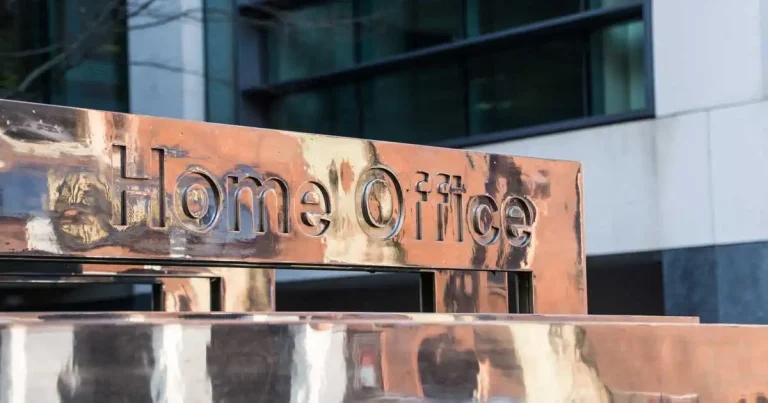28 May 2025
Groups express serious concerns over immigration proposals, which include a 32% increase in the cost of sponsoring skilled overseas workers.

Image: William / Adobe Stock
An immigration law expert has urged veterinary practices to take “pre-emptive action” on overseas recruitment amid further likely changes to UK migration rules.
Veterinary groups have expressed serious concerns over the immigration proposals set out by the Government, which they said would make recruiting staff from abroad more difficult.
Among the measures, which were set out in a white paper, is a 32% increase in the cost of sponsoring skilled overseas workers.
Other proposals include higher English language requirements for both workers and their adult dependants, and the time to achieve settled status in the UK potentially doubling from five years to 10.
Although there is no firm legislative proposal yet, practices are being advised to consider accelerating their recruitment before any changes are implemented.
Julianna Barker, an associate in the immigration team at the law firm Stone King, said: “I would suggest that veterinary practices take pre-emptive action by reviewing their current recruitment needs to determine whether applications can be brought forward to take advantage of the current rules while they are still in place.”
Immigration rules had already been tightened by the previous government in April last year, which included a 48% increase in the salary threshold from £26,200 to £38,700.
Salary thresholds are set to rise again by a currently unconfirmed amount when the incoming changes come into effect.
Universities may also face a new tax on each international student enrolled in the UK, among other stricter thresholds placed on colleges.
Announcing the plans on 12 May, home secretary Yvette Cooper told the House of Commons the plans “would restore order and control to the immigration system, not only bringing net migration substantially down, but boosting skills and training here at home”.
But BVA president Elizabeth Mullineaux said the proposals were “disappointing and will further exacerbate” existing workforce pressures.
She continued: “The greatest impact will be felt by Government vet services, which currently rely heavily on overseas vets to fill shortages.
“Given the Government’s focus on increased international trade, and the role vets play in ensuring UK food standards, facilitating trade and protecting the UK from imported diseases, these measures appear to run counter to its own ambitions.
“Similarly, UK vet schools rely heavily on income from overseas students to fund veterinary programmes, and so the proposed levy on universities taking students from overseas risks undermining the financial viability of these institutions and in turn could reduce opportunities for both UK and overseas students.”
Meanwhile, the SPVS board pledged to work with the BVA to secure “a more practical sustainable approach that supports the profession”.
It added: “SPVS is seriously concerned about the knock-on effects these changes could have across the sector.”
VMG president Rebecca Robinson acknowledged the proposals may not have as serious an impact as previous policy changes, but said they were still “unhelpful”.
She added that efforts are already underway to train more home-grown clinicians and highlighted the importance of addressing “the worrying trend of highly qualified professionals leaving” within a few years of qualifying.